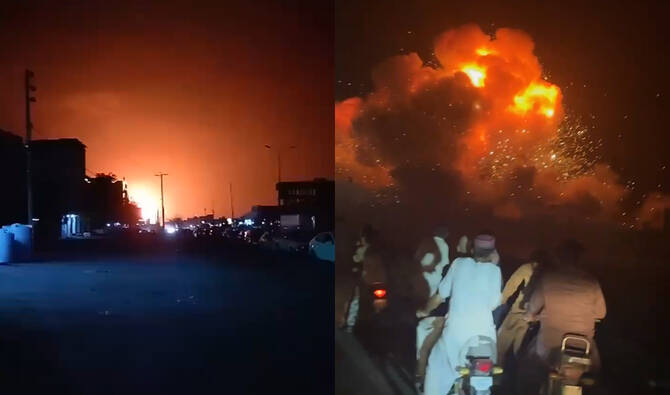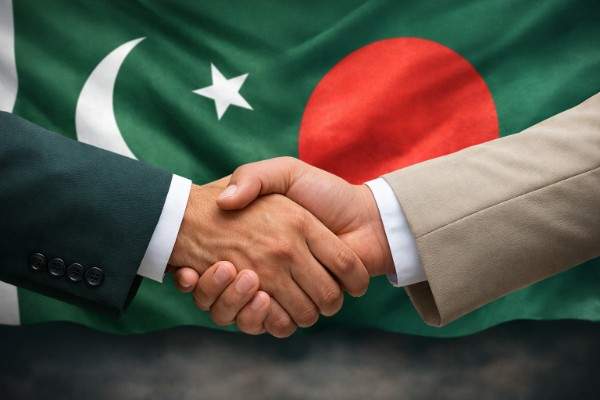In a move that shocked observers across South Asia and beyond this region, India launched a series of missile strikes into Pakistani territory under its operation named “Operation Sindoor”. The attacks, which targeted nine sites, have reportedly resulted in dozens of civilian casualties in Pakistan. This move has marked an intense escalation in the already volatile situation between India and Pakistan post-Pahalgam incident. For a region familiar with cycles of tension, the sheer scale and audacity of this offensive forces the common people to ask, who knew India would take such a dangerous leap?
India claims the strikes were in response to a deadly terrorist attack in Indian-administered Kashmir that left 26 people dead. Yet the method and magnitude of its retaliation go far beyond previous precedents or even the Balakot air strikes of 2019. Such missile attacks that cross an international border, threaten an independent country’s sovereignty, and hit civilian areas, leading towards large-scale destruction, cannot be brushed aside in the name of “counter-terror” operations. It will not be wrong to say that this move by India was not a tactical warning; rather, it was a clear and deliberate violation of Pakistan’s sovereignty and a move with implications that will go beyond the subcontinent.
Pakistan has, unsurprisingly, called the strikes an “act of war.” It has retaliated militarily and politically, further igniting fears of a broader escalation. Pakistan said it shot down five Indian Air Force jets and a drone. Both countries are declared nuclear states. Both have long-standing grievances and border disputes from the very beginning, particularly over Kashmir. And both now sit on a dangerous precipice.
In a changing geopolitical environment, it has become the need of the hour to move away from the easy language of “surgical strikes” and “targeted operations.” The rhetoric of muscular nationalism may serve political purposes at home, but it cannot obscure the real risk of regional destabilization. Civilian deaths, destroyed homes, and traumatized border populations are not and can never be considered as strategic wins. They symbolize the policy failure. India’s decision to strike deep into Pakistani territory without any fear simply reflects a disturbing shift. The shift that is paving the way for normalization of military adventurism in South Asia. This missile strike threatens the sanctity of sovereign borders and sets a precedent that any state can invoke terrorism to justify violations of another’s territorial integrity. If this logic prevails, no country in this world is safe. This Indian move has justified the real-world affirmation of the anarchic nature of the international system. In which there is no existing central authority above sovereign states to regulate their behavior or enforce laws.
History shows that wars begin with miscalculations. Misread intentions, domestic political pressures, and external gains can all spiral into something neither side wants but both become trapped in. In light of India’s recent strikes, Pakistan appears resolute in pursuing a retaliatory course, signaling a potential escalation. The international community must urgently step in not to take sides, but to pull both nations back from the brink. Be it the United Nations, major powers like the US and China, or regional stakeholders, all of them should facilitate immediate dialogue between Delhi and Islamabad.
South Asia does not need another war. It is already entrenched in a number of crises where human security issues stand above all. In order to thrive, South Asia needs cooler heads, courageous diplomacy, and a recognition that true strength lies not in missiles fired, but in peace sustained.

Table of Contents
ToggleHamna Ghias Sheikh
Hamna Ghias Sheikh is a research associate at the Maritime Center of Excellence, Pakistan Navy War College She can be reached at hamna.sheikh009@gmail.com.
- Hamna Ghias Sheikh













